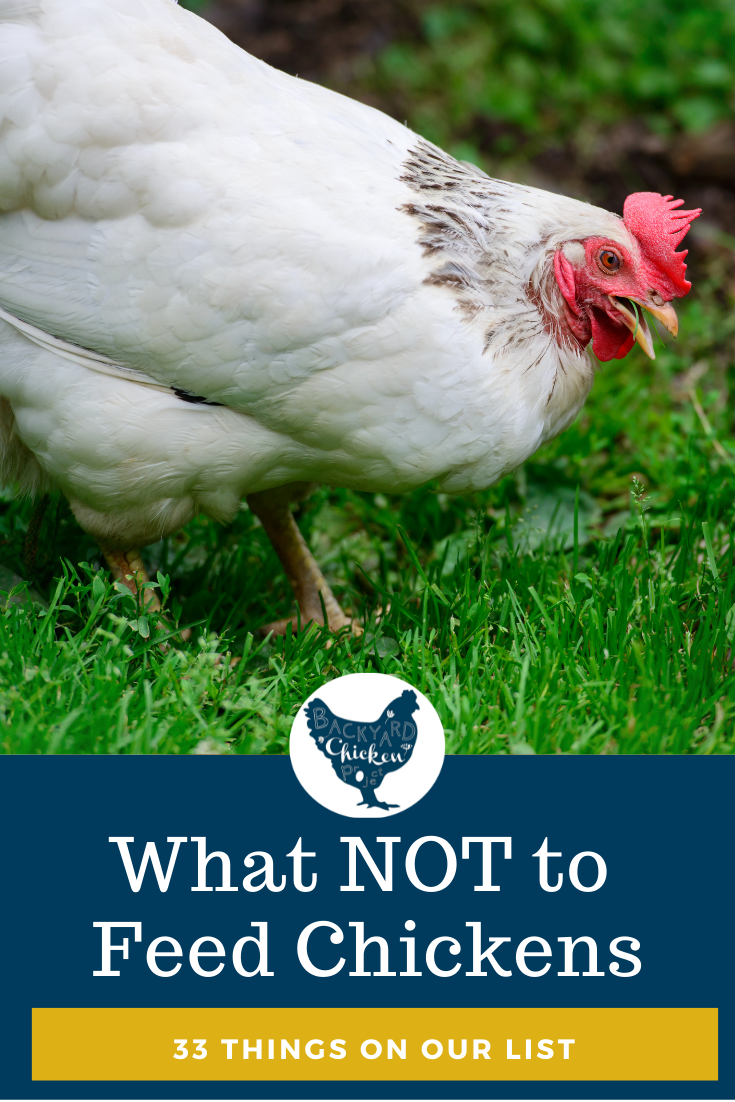If you’re wondering “Can baby chicks eat tomatoes?” you’re not alone! Raising chickens is a popular and rewarding endeavor, but it can be difficult to know what to feed them. This article will provide a definitive guide to chicken husbandry, including the answer to the question “Can baby chicks eat tomatoes?” In addition to discussing the nutritional value of tomatoes for chickens, we’ll also cover the best practices for feeding baby chicks and maintaining a healthy flock.
Nutritional Needs of Baby Chicks
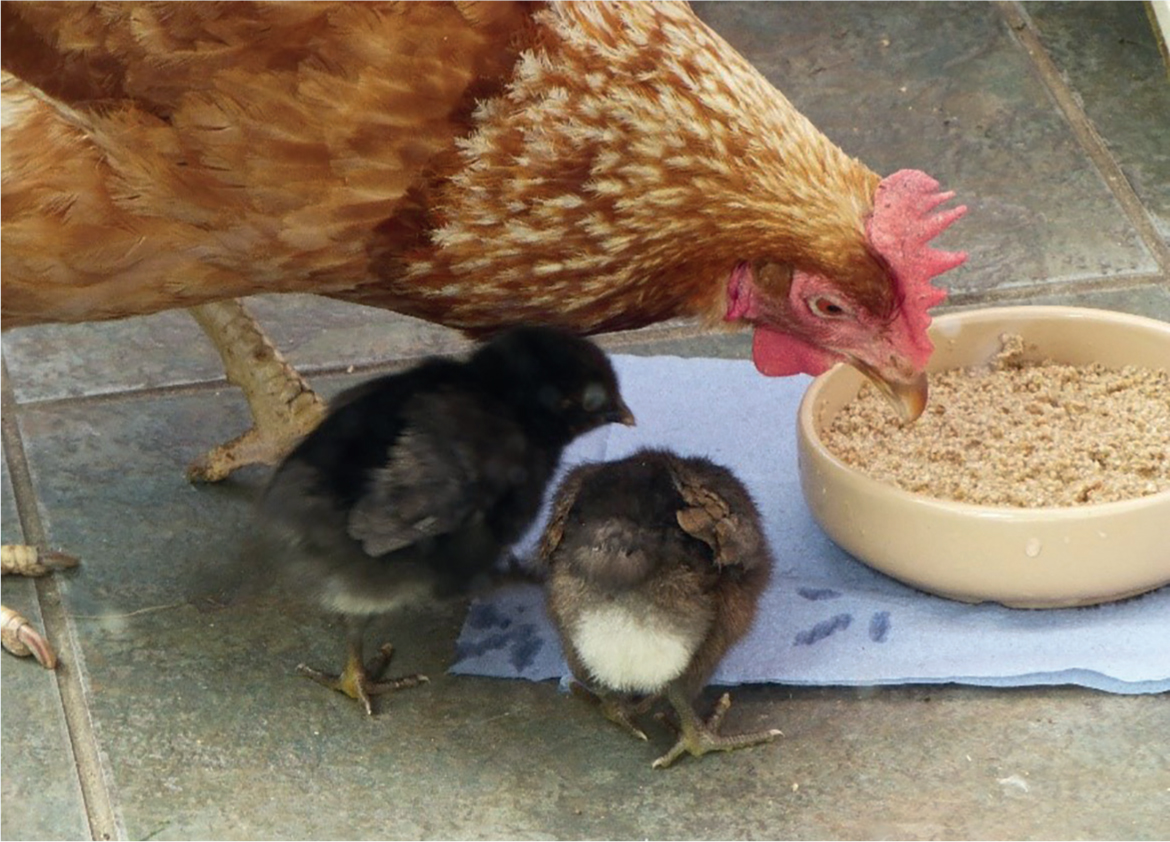
Baby chicks require a balanced diet to grow and develop properly. As they grow and age, their nutritional needs change to reflect the development of their feathering, muscle, and organ systems.
Starter Feed
For the first 6 weeks of their lives, baby chickens should be fed a high-protein starter feed. This feed should contain between 18-20% protein and should be fed ad libitum – that is, chicks should be able to access feed freely throughout the day.
Grower Feed
From 6 weeks to 20 weeks, baby chickens should be fed a grower feed, which has a protein content of between 16-18%. The amount of feed offered should be reduced as the chickens grow and their activity levels decrease.
Layer Feed
Once chickens reach 20 weeks, they should be transitioned to a layer feed, which has a protein content of 16%. Layer feed should be fed in a ration of 1-2 pounds per day, depending on the size of the flock.
Other Nutrients
In addition to the protein content in their feed, chickens need other nutrients, including calcium, vitamins, and minerals. Calcium is crucial for proper bone development and can be found in oyster shells and grit. Vitamin and mineral mixes can be added to the feed or provided in a separate dish.
Can Baby Chickens Eat Tomatoes?
Tomatoes are not a complete food source and should not be a major part of a chicken’s diet. However, they can be offered as a treat, as long as they are cut into small pieces and are not the only food being offered.
Can Baby Chicks Eat Tomatoes?
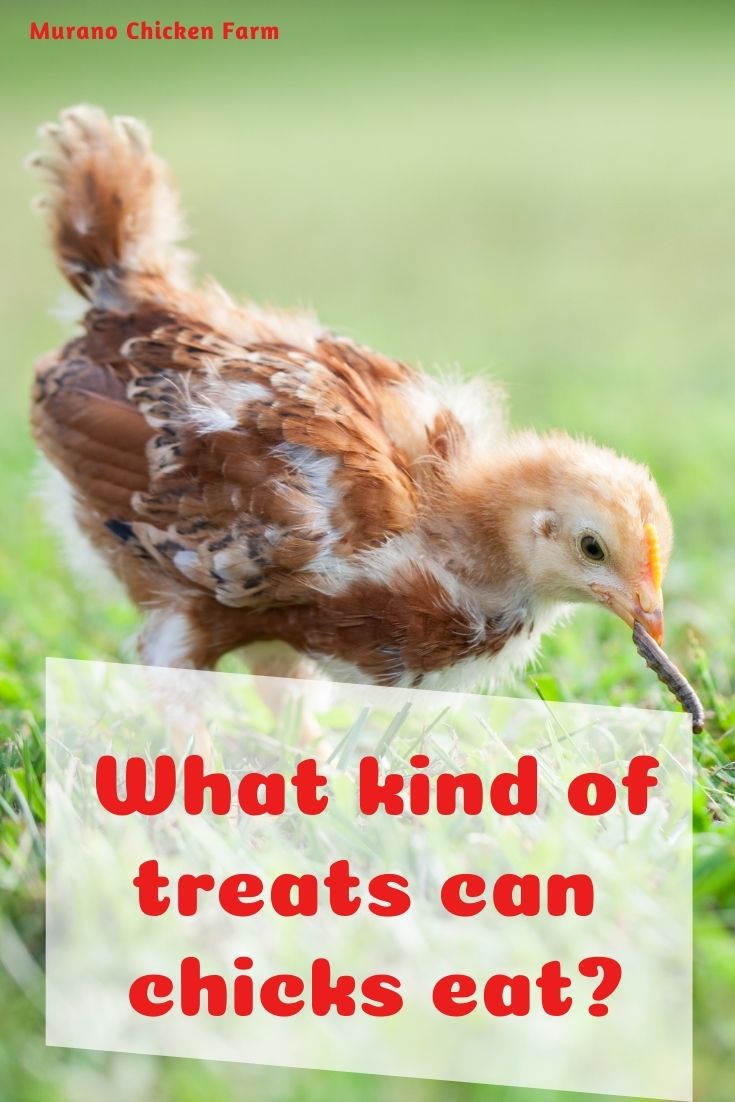
Can Baby Chicks Eat Grape Tomatoes?
Grape tomatoes are a type of cherry tomato, so it is safe to feed them to your baby chicks. To ensure that your chicks are getting the nutrition they need to grow and develop properly, make sure the tomatoes are cut into small pieces that are easy for them to swallow.
Can Baby Chicks Eat Regular Tomatoes?
Regular tomatoes can be a healthy snack for your baby chicks, but they should not be the main part of their diet. Tomatoes are high in acidity and can upset the delicate balance of a chick’s stomach, so it is important to only give them in moderation. When feeding your chicks tomatoes, always make sure they are cut into small pieces and are not too watery. Also, it is best to remove the seeds before feeding them to your baby chicks.
In conclusion, it is safe to feed your baby chicks tomatoes as an occasional snack, as long as you remove the seeds and cut them into small pieces. However, it is important to remember that tomatoes should not be the main part of their diet and should only be given in moderation.
How to Feed Baby Chicks Tomatoes
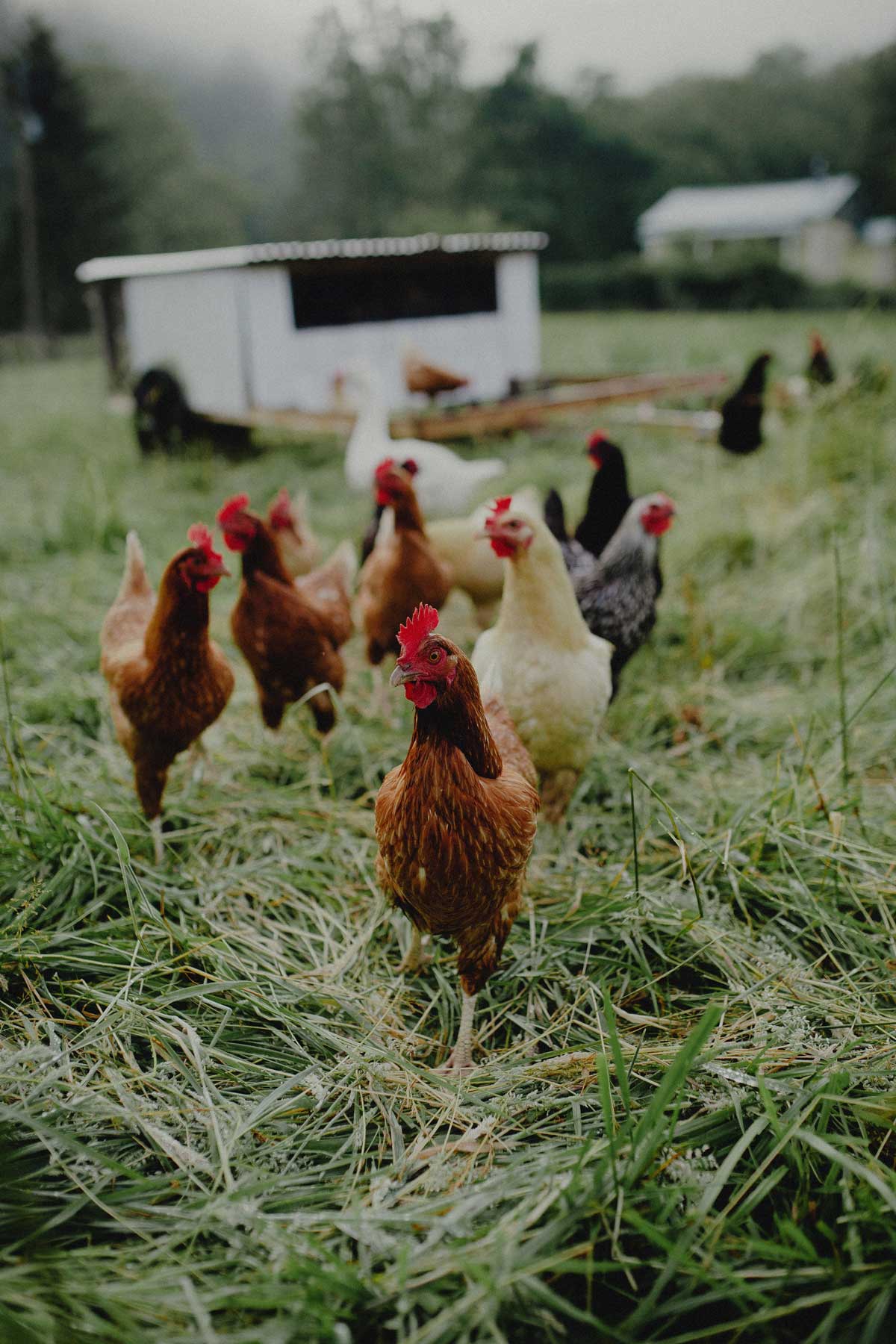
- Gather all supplies. You will need tomatoes, a cutting board, a knife, a feed bin, and a scoop.
- Wash tomatoes. Wash the tomatoes under running water to remove any dirt, debris, or bacteria.
- Cut tomatoes. Use a sharp knife to cut the tomatoes into small cubes. Make sure the pieces are small enough for the chicks to easily eat.
- Fill feed bin. Fill the feed bin with the tomato cubes and mix with other feed.
- Offer the feed. Use a scoop to offer the feed to the chicks.
Potential Risks of Feeding Tomatoes to Baby Chicks
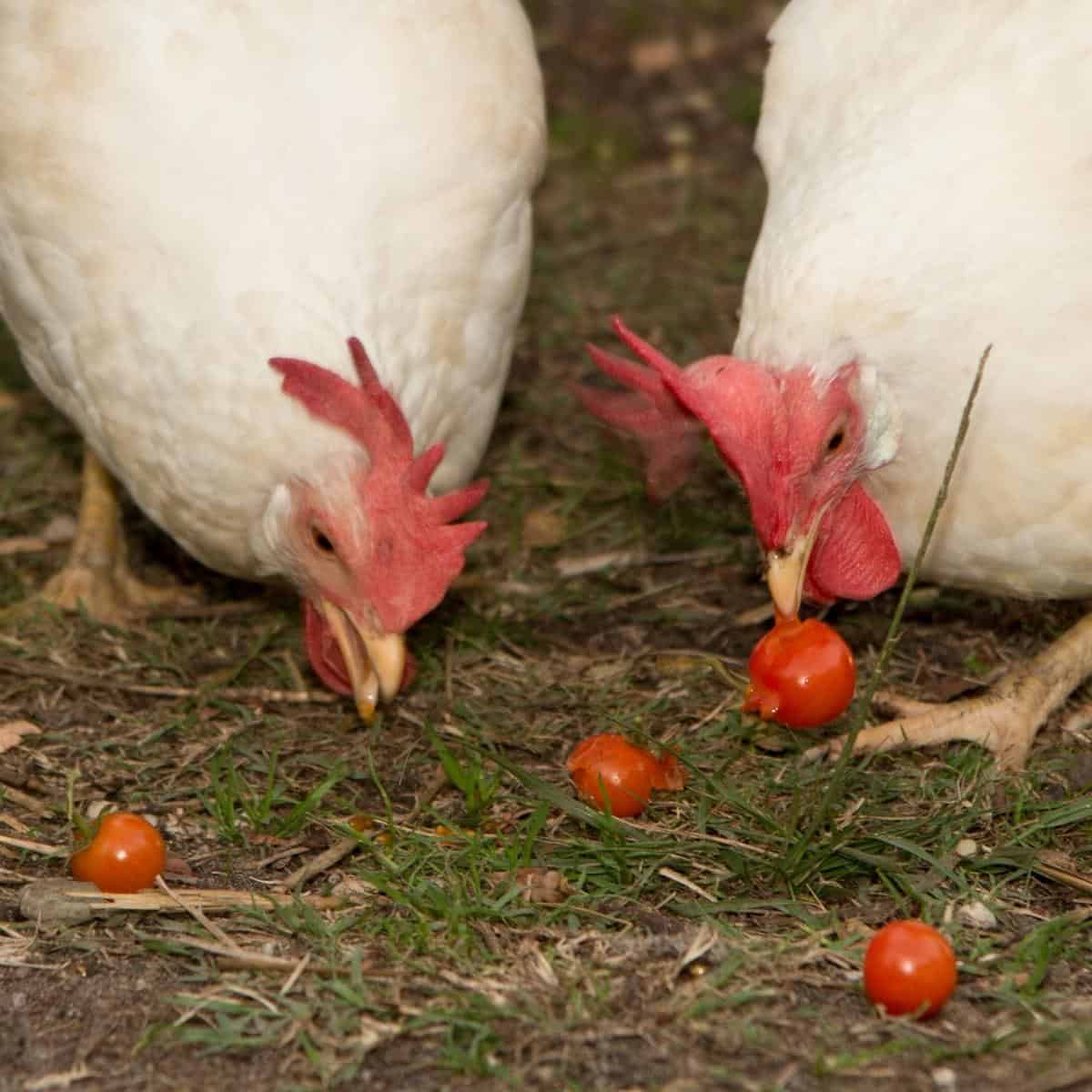
- Toxicity: Tomatoes contain solanine, a toxic compound that can be harmful to chickens. High levels of solanine can cause vomiting, diarrhea, and even death.
- Nutrition: Tomatoes are not a good source of nutrition for baby chicks. They should be fed a balanced diet of chick starter feed and other nutritious foods.
- Digestive Issues: Tomatoes are acidic and can cause digestive upset in baby chicks. They may also cause diarrhea or other digestive issues.
- Weight Gain: Too much tomato can lead to weight gain due to the high sugar content. This can lead to health problems later in life.
Benefits of Feeding Tomatoes to Baby Chicks
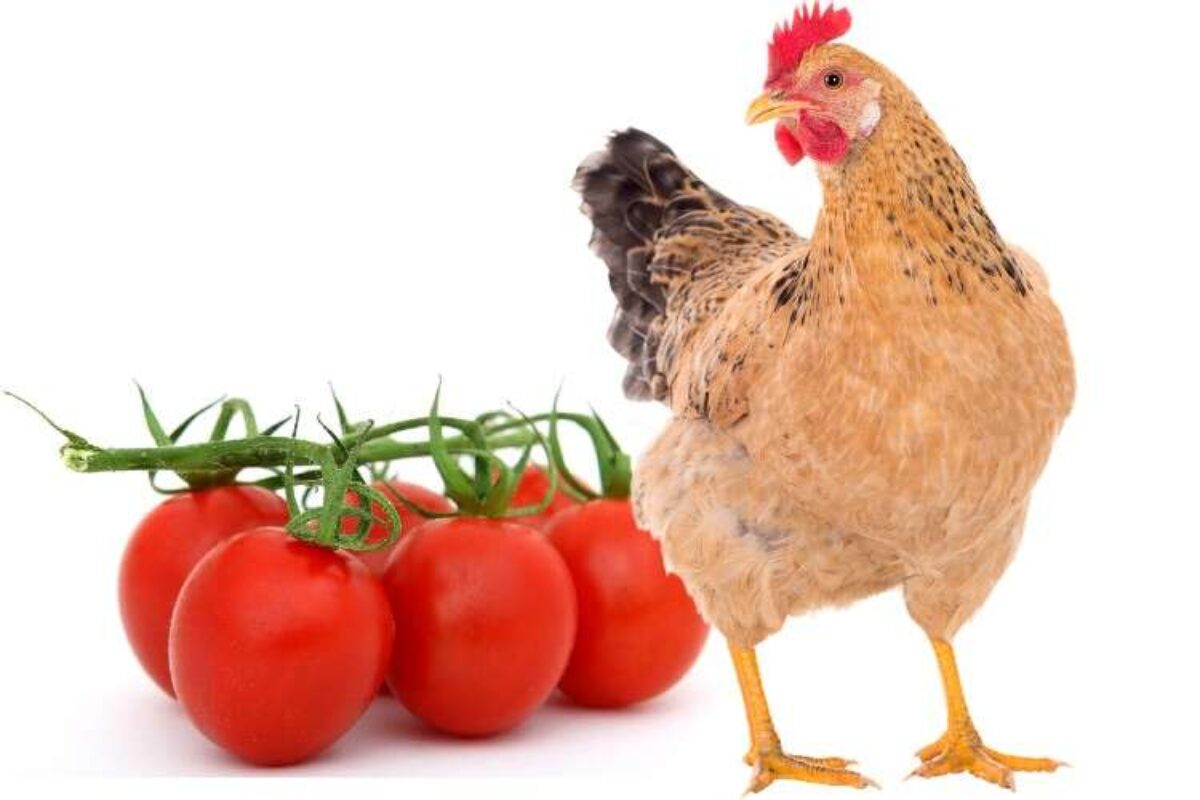
Tomatoes offer several benefits when fed to baby chicks. Tomatoes are a good source of vitamins, including vitamins A, C, and K, as well as the minerals calcium, potassium, and magnesium. They are also rich in antioxidants, which can help protect against long-term health problems.
Tomatoes are also a good source of dietary fiber. This can help keep baby chicks’ digestive systems running smoothly and reduce the risk of gastrointestinal issues. The fiber in tomatoes also helps balance blood sugar levels, which can help prevent energy crashes.
Tomatoes also contain lycopene, which can help protect against certain types of cancer and heart disease. This is especially important for baby chicks, as their immune systems are still developing.
| Vitamins | A, C, K |
| Minerals | Calcium, potassium, magnesium |
| Fiber | Yes |
| Lycopene | Yes |
In addition, tomatoes are low in calories, making them an ideal snack for growing chicks. They are also easy to prepare, as they require no cooking and can be eaten raw.
Overall, tomatoes offer a wide range of health benefits for baby chicks. They provide essential vitamins and minerals, dietary fiber, and lycopene, all of which can help chicks grow strong and healthy.
Other Foods that Baby Chicks Should Eat
In addition to tomatoes, baby chicks can and should eat a variety of other foods. For an optimal diet, baby chicks should be fed a combination of grains, greens, insects, and a small amount of meat.
Grains
Grains are an important source of nutrition for baby chicks. The most common grains fed to chicks include: corn, wheat, barley, oats, and milo. Chicks should be fed a combination of these grains, as each one provides different vitamins and minerals.
Greens
Green vegetables provide an important source of vitamins and minerals to baby chicks. Leafy greens such as spinach, kale, and Swiss chard are some of the most nutritious greens for chicks. Other vegetables such as carrots, squash, and sweet potatoes can also be fed to chicks.
Insects
Insects are a great source of protein for chicks and should be offered regularly. Mealworms, crickets, and other small insects can be purchased from pet stores and fed to chicks. It is important to feed chicks only insects that are specifically designed for poultry.
Meat
A small amount of meat can also be offered to baby chicks. Cooked chicken or beef can be shredded or cut into small pieces and fed to chicks. Meat should only be fed to chicks in small amounts and should never exceed 10% of their total diet.
Frequently Asked Questions
Is it Safe for Baby Chicks to Eat Tomatoes?
Yes, baby chicks can eat tomatoes. Tomatoes are a safe, nutritious food for baby chicks, but they should be fed in moderation. Tomatoes are an excellent source of vitamins and minerals, including Vitamins A and C, potassium, calcium, and magnesium. They contain lycopene, a powerful antioxidant that may help protect cells from damage.Tomatoes should be cut into small pieces for baby chicks to make it easier for them to digest. They should also be served raw, as cooking can destroy some of their nutritive value. As with all foods, moderation is key to ensure that your chicks are getting all the nutrients they need.
How Much Tomato Should I Feed My Baby Chicks?
Tomatoes can be a nutritious treat for baby chicks, but it is important to feed them in moderation. Chicks should not be given more than 10% of their daily diet in tomatoes. This can be in the form of raw, cooked, frozen, or pureed tomatoes. It is important to avoid giving them tomato leaves, stems, or vine as they can be poisonous. If you choose to give your chicks tomato, make sure it is fresh and free of any pesticides or chemicals.
What are the Benefits of Feeding My Baby Chicks Tomatoes?
-
• Vitamins and Minerals: Tomatoes are an excellent source of essential vitamins and minerals such as vitamin A, vitamin C, and potassium. These vitamins and minerals are important for baby chick development, helping to keep them healthy and strong.
• Improved Digestion: Tomatoes contain dietary fiber which helps to improve digestion, reducing the chance of digestive issues such as diarrhea.
• Immunity Boost: Tomatoes contain lycopene, which is an antioxidant that helps to boost the immunity of baby chicks and protect them from disease.
• Balanced Diet: Tomatoes can be a great addition to a balanced diet for baby chicks, providing them with essential nutrients and minerals.
• Reduced Risk of Disease: Tomatoes contain high levels of vitamin C, which can help to reduce the risk of diseases such as scours and coccidiosis in baby chicks.
What other foods should I offer my baby chicks in addition to tomatoes?
Grit: Grit is an important source of calcium and minerals for baby chicks. It should be available at all times for them to peck at and digest.
Grains: Grains are an important source of energy for baby chicks. Offer them a variety of grains, such as wheat, oats, and barley.
Fruits and Vegetables: Fruits and vegetables are a great source of vitamins and minerals for baby chicks. Offer them a variety of fruits and vegetables, such as apples, spinach, and carrots.
Protein: Protein is essential for baby chicks. Offer them a variety of protein sources, such as mealworms, cooked eggs, and cooked meats.
What should I do if my baby chicks don’t seem to like tomatoes?
1. Offer a Variety of Foods: Provide your chicks with a variety of foods, including grains, greens, fruits, and insects. This way, they can explore and find the foods they do like.
2. Experiment with Different Preparations: Tomatoes can be prepared in many ways, so experiment to see what your chicks like best. Try cutting them into small pieces, blending them into a smoothie, or stirring them into a mash.
3. Provide a Safe Space to Eat: Offer a safe, comfortable space for your chicks to eat. If they are feeling crowded or scared, they may be less likely to try new foods.
4. Try Feeding Solo: If the chicks are in a flock, try feeding the tomatoes to them one-by-one. This will give them the opportunity to explore the food without feeling pressured by their peers.
5. Offer Treats: Offer your chicks treats such as mealworms or other insects to encourage them to try the tomatoes.
6. Be Patient: It may take some time for your chicks to get used to the taste of tomatoes, so be patient and keep offering them. Eventually, they may come to enjoy them!
Conclusion
Tomatoes can be a healthy treat for baby chicks, but care should be taken to ensure they are given in moderation. Do not feed your baby chicks any tomato plant parts that are not ripe, or any tomato products that are not specifically designed for your chickens. Properly cooked tomatoes can provide baby chicks with essential vitamins and minerals, and should be offered as a treat every now and then.
